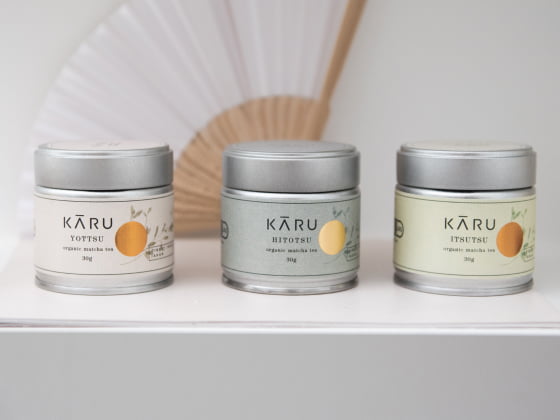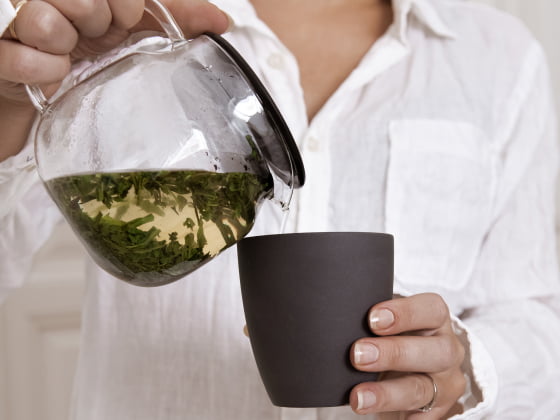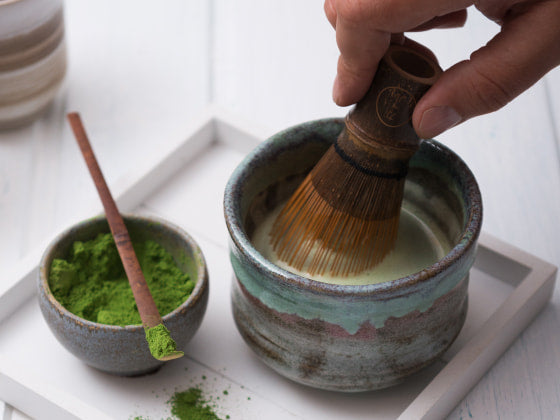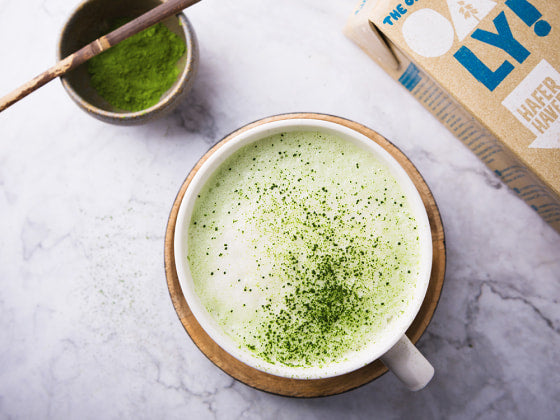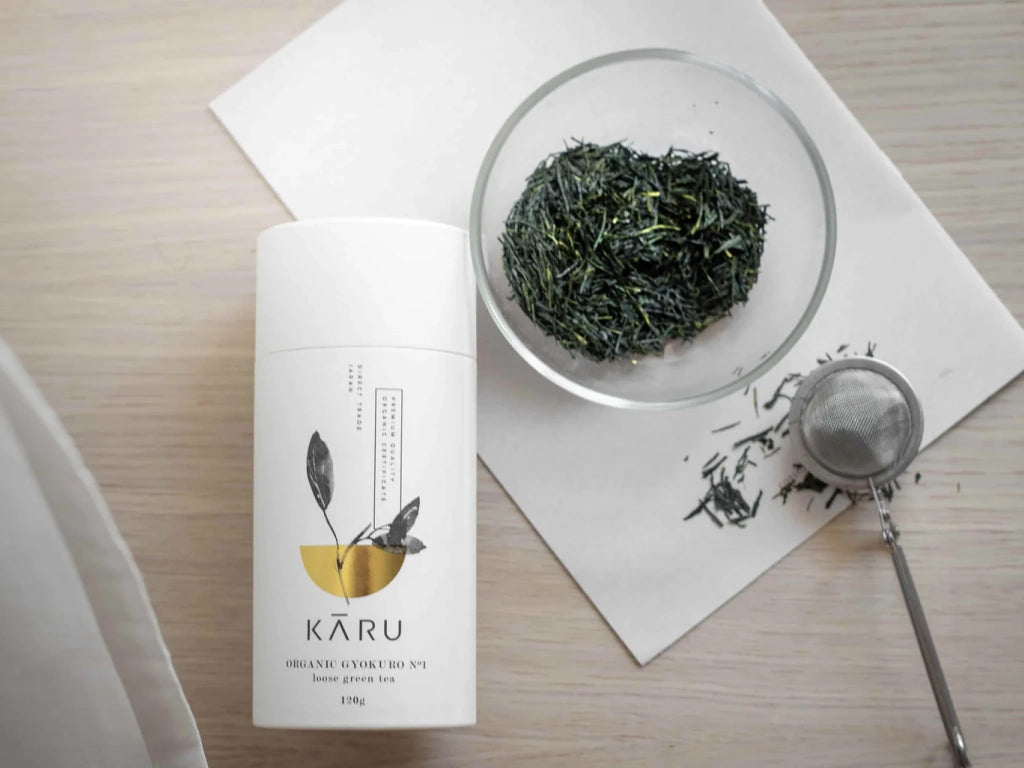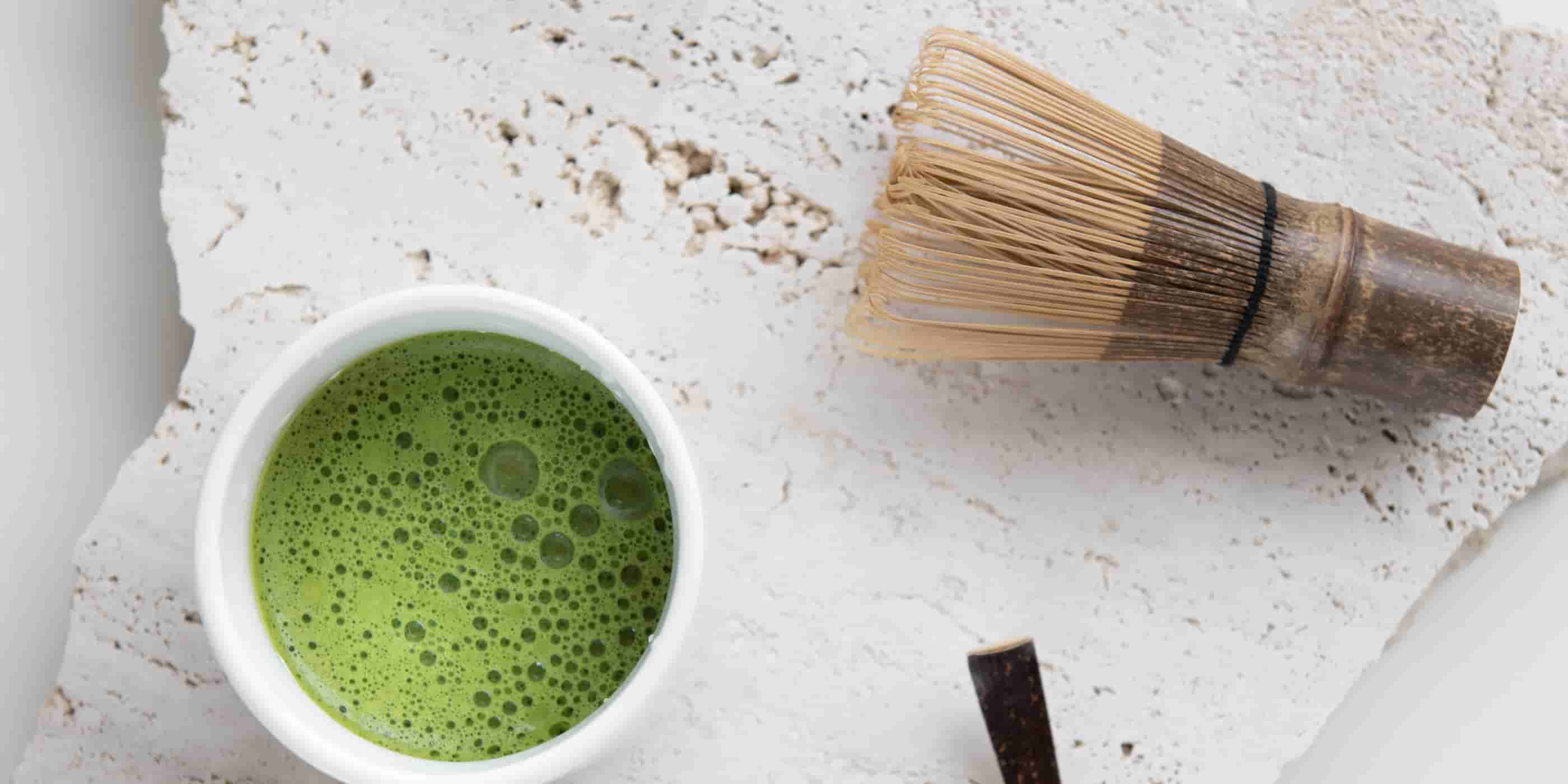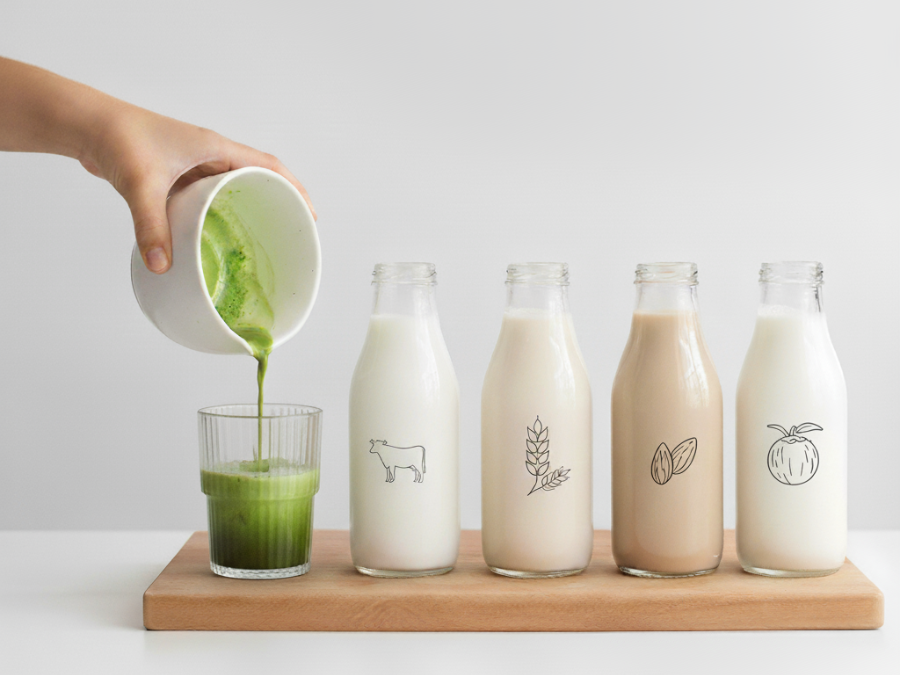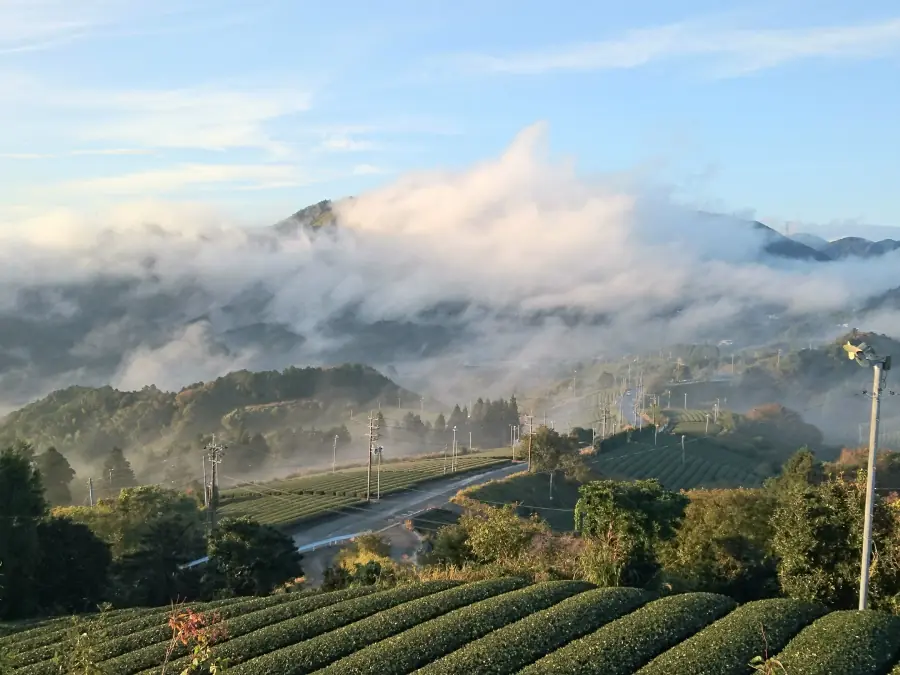Today we want to explain to you in more detail what the organic seal and what is actually behind the Japanese Organic Regulation (JAS organic).
More than 10 years ago, before the national organic label was launched in 2001, numerous organic labels confused consumers in their daily consumption decisions. Fortunately, this has changed. Now, products and foodstuffs that are "[...] produced and controlled in accordance with EU legislation on organic farming [...]" are labeled as organic. are labeled with the organic label. The consumer can rely on the fact that uniform minimum standards for the organic farming are adhered to. True to the motto: if it says organic, it's organic.
In order to seal of approval the following EU legal requirements, among others, must be met:
- all ingredients of agricultural origin must come from organic farming
- records must be kept of all inputs and products
- only those who can meet the relevant requirements and undergo regular organic inspections may label the products with "organic" and "Eco" label
But what does "organic farming" actually mean?
As is so often the case, one set of requirements leads to further regulations. And so it is with organic seal of approval.
Organic farming means a production system that respects natural life cycles as much as possible. This means that the impact of humans must be minimized in order to preserve the properties of the soil and protect biodiversity. "The main idea of organic farming is to operate in the in harmony with nature”.
No use of genetic engineering, no use of chemicals, no irradiation of food and severe restrictions on the use of additives are just four of the numerous regulations for organic farming.
In addition to the extensive regulations for organic certification according to DE-ÖKO-006 there are of course also requirements for the Japanese organic regulation, which are also met by all our teas.
What does the JAS organic certification stand for?
This organic seal applies to agricultural raw materials and food products in Japan. Here too, the products and their compliance with the official regulations must be certified by a competent authority. The requirements include similar regulations to the German equivalent regarding climate and environmental protection, preservation of soil fertility and biodiversity, as well as the use of fertilizers.
Organic labels and the corresponding regulations behind them are an extensive topic, but we want to leave you some time for our other exciting blog posts and, above all, recipes.
Hopefully we have been able to give you an insight into the importance of our organic certifications.
If you have any questions about this or any other topic, please feel free to write to us.





